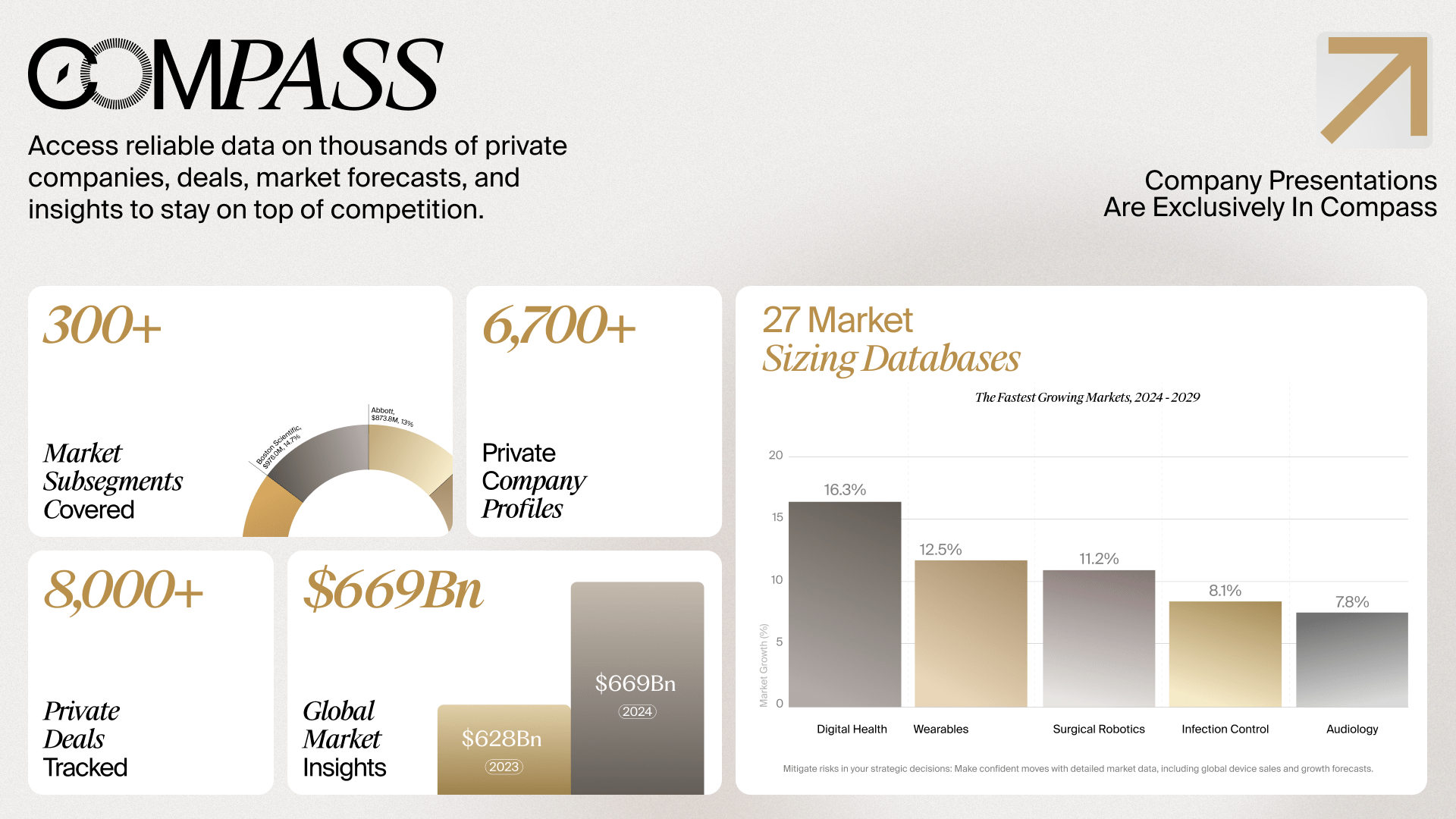- Video Library
- SmartBreast | James Hugg, CEO
SmartBreast | James Hugg, CEO
shaping the future of
Medtech at LSI USA ‘26
Waldorf Astoria, Monarch Beach

James Hugg
Accomplished executive leader with deep understanding and international experience in business management including P&L oversight, multichannel product distribution, marketing, business development, financial modeling, budgeting, R&D and operations management. Results-oriented, decisive leader with proven success in discovering market stratification to drive strategic product development and positioning. Proven track record of increasing sales while spearheading operational improvements to drive productivity gains and grow profitability. Excels in dynamic, demanding high-technology environments, remaining pragmatic, focused on business success.
Technology leader, problem solver, and effective decision maker with physics PhD (Stanford), physics & economics BS (Caltech), and 25+ years of executive leadership and innovative achievement in medical imaging equipment and software, from clinical research through successful new products development. Broad experience in academics (UCSF, Henry Ford, UAB) and industry (GE and startups), including international assignments, earning fast-track promotions to executive management. Leading by example and inspiration, building global teams, coaching for improved performance and productivity, applying deep analytical and problem-solving skills, patent drafting, computer modeling, certified Six Sigma Master Black Belt. Innovative, flexible, adaptable, and disciplined to consistently meet deadlines and budgets. Persuasive public speaker; exceptional oral and written communicator.
CEO of SmartBreast, where we empower women with dense breasts to defeat cancer. We help breast radiologists, surgeons and oncologists to see the unseen, using artificial intelligence (AI) software and breast imaging to detect the early-stage cancers missed by mammography in dense breasts. Together, we save breasts and lives, preventing the suffering and high cost of treating late-stage breast cancer.
James Hugg
Accomplished executive leader with deep understanding and international experience in business management including P&L oversight, multichannel product distribution, marketing, business development, financial modeling, budgeting, R&D and operations management. Results-oriented, decisive leader with proven success in discovering market stratification to drive strategic product development and positioning. Proven track record of increasing sales while spearheading operational improvements to drive productivity gains and grow profitability. Excels in dynamic, demanding high-technology environments, remaining pragmatic, focused on business success.
Technology leader, problem solver, and effective decision maker with physics PhD (Stanford), physics & economics BS (Caltech), and 25+ years of executive leadership and innovative achievement in medical imaging equipment and software, from clinical research through successful new products development. Broad experience in academics (UCSF, Henry Ford, UAB) and industry (GE and startups), including international assignments, earning fast-track promotions to executive management. Leading by example and inspiration, building global teams, coaching for improved performance and productivity, applying deep analytical and problem-solving skills, patent drafting, computer modeling, certified Six Sigma Master Black Belt. Innovative, flexible, adaptable, and disciplined to consistently meet deadlines and budgets. Persuasive public speaker; exceptional oral and written communicator.
CEO of SmartBreast, where we empower women with dense breasts to defeat cancer. We help breast radiologists, surgeons and oncologists to see the unseen, using artificial intelligence (AI) software and breast imaging to detect the early-stage cancers missed by mammography in dense breasts. Together, we save breasts and lives, preventing the suffering and high cost of treating late-stage breast cancer.

17011 Beach Blvd, Suite 500 Huntington Beach, CA 92647
714-847-3540© 2026 Life Science Intelligence, Inc., All Rights Reserved. | Privacy Policy







